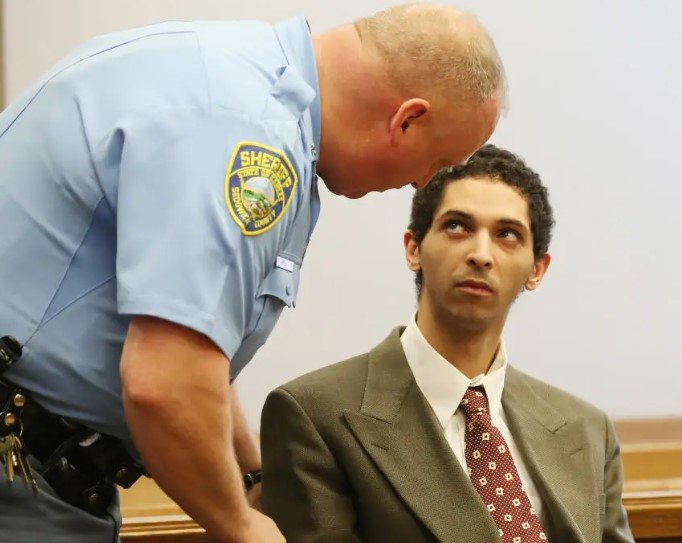In a significant move to combat dangerous prank calls, Georgia has passed a law that makes swatting a felony. The legislation, Senate Bill 421, aims to stiffen penalties for those behind swatting incidents and provides clarity on drive-by shootings within the state.
The Swatting Menace
Swatting involves making false emergency calls to law enforcement, often resulting in heavily armed police units descending upon innocent victims’ homes. These malicious hoaxes endanger lives, strain public resources, and put both civilians and officers at risk.

The Legislative Response
The Georgia House voted overwhelmingly (162-2) in favor of Senate Bill 421, criminalizing swatting. State Representative Matt Reeves emphasized that the bill prioritizes public safety and protects law enforcement personnel. The legislation also addresses drive-by shootings, providing a clearer definition for prosecution.
Key Provisions
- Swatting as a Felony: The bill elevates swatting to a felony offense. First-time offenders who target dwellings or places of worship can now face felony charges. The minimum prison sentence for a second offense increases to five years, and third-time offenders may receive sentences of 10 to 15 years.
- Monetary Restitution: Convicted swatters must compensate property owners for any monetary losses or expenses incurred by responding agencies. This includes restitution for property damage and medical costs.
- Drive-By Shooting Definition: The law defines drive-by shootings more precisely, ensuring that shooters cannot escape penalties due to vague language. The new crime carries a sentence of five to 20 years for shooting into an occupied dwelling or motor vehicle.
Impact and Moving Forward
Georgia’s commitment to public safety is evident in this legislation. By criminalizing swatting and clarifying drive-by shooting definitions, the state aims to protect its residents and maintain law and order.

Comments